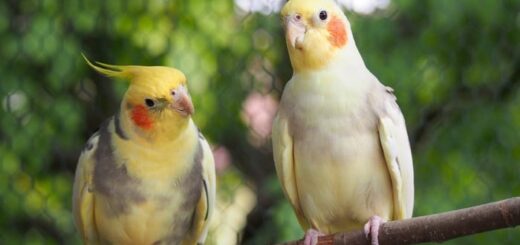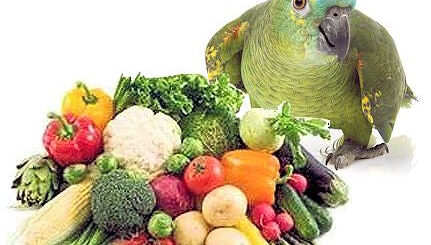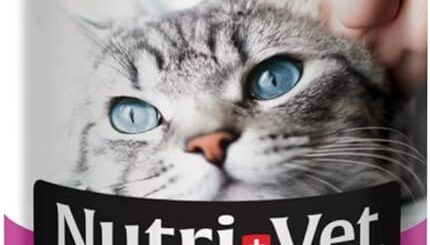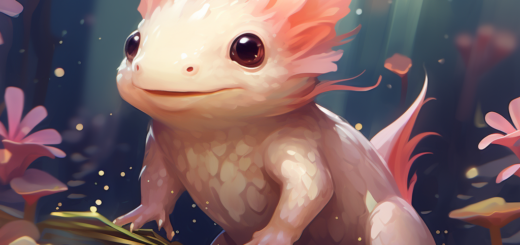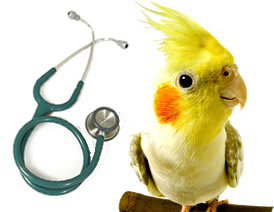Keeping Pet Birds Healthy: Preventive Care And Veterinary Checkups
In this article, you will discover the importance of preventive care and regular veterinary checkups for keeping your pet birds healthy. From monitoring their diet and providing a stimulating environment, to understanding common ailments and potential warning signs, it is crucial to prioritize the well-being of these feathered companions. By taking proactive measures and seeking professional guidance, you can ensure a long and vibrant life for your beloved birds.
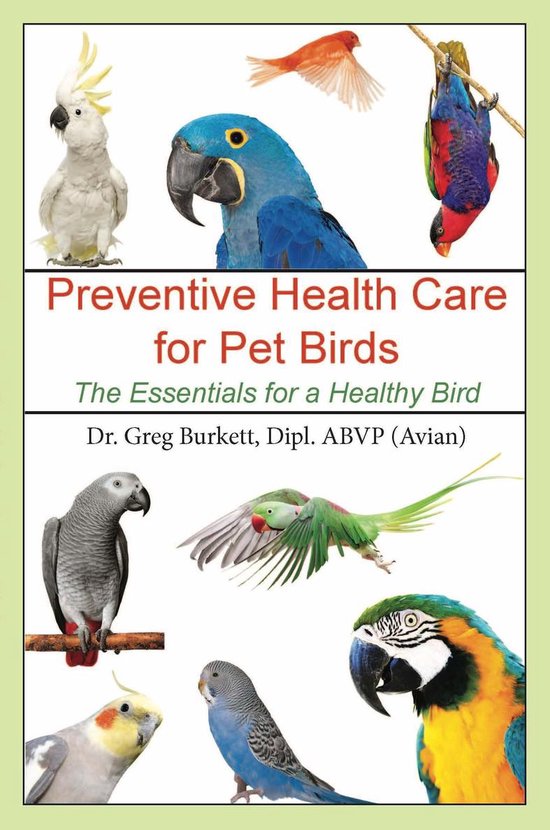
This image is property of media.s-bol.com.
Click here to check out How To Build An Aviary!
Housing and Environment
Choosing the right cage
When it comes to choosing the right cage for your pet bird, there are a few key factors to consider. First and foremost, the cage should be spacious enough to allow your bird to move around freely and stretch its wings. It should also have bars that are appropriately spaced to prevent your bird from getting its head or feet stuck. Additionally, make sure the cage is made of a safe and durable material, such as stainless steel, to avoid any potential health hazards.
Providing proper perches
Birds spend a significant amount of time perched, so it’s essential to provide them with a variety of perches in their cage. Different sizes and textures of perches will help keep your bird’s feet healthy and prevent any foot problems. Natural perches made from tree branches are also a great option as they provide a more natural and stimulating environment for your bird.
Maintaining a clean environment
A clean environment is crucial for the health and well-being of your pet bird. Regularly clean the cage by removing any droppings, food remnants, or debris. It’s also important to wash and sanitize the cage and its accessories regularly to prevent the growth of harmful bacteria. Providing fresh bedding materials, such as newspaper or bird-safe bedding, will help maintain a clean and comfortable living space for your bird.
Feeding and Nutrition
A balanced diet
Just like humans, a balanced diet is vital for the overall health of your pet bird. Consult with an avian veterinarian or a bird nutrition expert to ensure your bird is receiving the proper nutrients in its diet. A balanced diet for most pet birds includes a combination of high-quality commercial bird pellets, fresh fruits and vegetables, and occasional treats. Following a balanced diet will help prevent nutritional deficiencies and promote a healthy immune system.
Offering a variety of foods
To keep your pet bird engaged and interested in its meals, offer a variety of foods. This can include different types of fruits, vegetables, and even grains or seeds. Experiment with different combinations and textures to provide your bird with a diverse and nutritious diet. Remember to introduce new foods gradually and monitor your bird for any allergic reactions or digestive issues.
Avoiding toxic and harmful foods
Certain foods can be toxic or harmful to your pet bird and should be avoided altogether. These include chocolate, avocado, alcohol, caffeine, and foods high in salt, sugar, or fat. Additionally, be cautious of any pesticides or toxins in fruits and vegetables that could potentially harm your bird. Always research and consult with a professional before introducing new foods to your pet bird’s diet.

This image is property of www.greencrossvets.com.au.
Click here to check out How To Build An Aviary!
Hygiene and Grooming
Bathing and showering
Regular bathing or showering is essential to maintain the cleanliness of your bird’s feathers and skin. It also helps remove any dust or dander that may accumulate. Some birds enjoy bathing in shallow dishes or bird baths, while others prefer a gentle misting with a spray bottle. Observe your bird’s preferences and provide opportunities for bathing or showering accordingly.
Trimming nails and beak
Regular nail trims are necessary to prevent overgrowth and potential injuries to your pet bird’s feet. Consult a veterinarian or a professional bird groomer to learn how to trim your bird’s nails safely. Beak trims may also be required for certain species if their beaks become overgrown. This should be done by a professional who is experienced in avian beak trimming to avoid any harm to your bird.
Feather care
Feathers are essential for a bird’s ability to fly, thermoregulate, and display social behaviors. Regularly inspect your bird’s feathers for signs of damage, such as fraying or broken feathers. Help your bird maintain healthy feathers by providing a balanced and nutritious diet, as well as ensuring a clean environment free of harmful chemicals or toxins. If you notice any abnormalities with your bird’s feathers, consult with an avian veterinarian to address any underlying health issues.
Exercise and Stimulation
Providing adequate space and flight
Birds are naturally active and need space to move around and stretch their wings. Make sure the cage you choose allows for plenty of room for your bird to move, climb, and fly short distances. Additionally, consider providing a safe and supervised area outside the cage where your bird can explore and exercise. This can include bird-safe play stands or bird-proofed rooms.
Offering toys and mental stimulation
To prevent boredom and provide mental stimulation, offer a variety of safe and appropriate toys for your pet bird. Toys that encourage foraging and problem-solving are particularly beneficial. Rotate the toys regularly to keep your bird engaged and entertained. Avoid toys with small parts that could be ingested or any toxic materials that could pose a risk to your bird’s health.
Encouraging physical activity
In addition to providing space and toys, encourage physical activity through interactive playtime with your bird. This can include games like fetch or teaching them tricks. Consider harness training your bird to safely take them outside for supervised walks or flights. Regular exercise will help keep your bird physically fit and mentally stimulated.
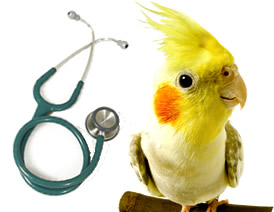
This image is property of www.greencrossvets.com.au.
Socialization and Interaction
Regular human interaction and bonding
Birds are social creatures that thrive on interaction with their human companions. Spend time each day bonding with your bird through talking, gentle touch, and positive reinforcement. This will help build trust and create a strong bond between you and your feathered friend. Remember to always approach your bird calmly and respectfully, as sudden movements or loud noises can be stressful for them.
Introducing other pets and birds
If you have other pets or are considering getting another bird, it’s important to introduce them slowly and carefully. Different species have different social needs and temperaments, so do your research and consult with a professional before attempting introductions. Supervise all interactions closely to ensure the safety and well-being of all animals involved.
Preventing loneliness and boredom
Birds are highly social animals and can become lonely and bored if left without stimulation or companionship. If you are unable to spend significant time with your bird, consider getting them a mirror or a bird companion of the same species. However, keep in mind that some birds may not tolerate a new bird in their territory, so observe your bird’s behavior and consult with an expert before making any decisions.
Monitoring Bird Behavior
Recognizing signs of illness or distress
As a responsible bird owner, it’s crucial to monitor your bird’s behavior for any signs of illness or distress. Some common signs of illness include changes in appetite, droppings, or activity levels, as well as lethargy, difficulty breathing, or changes in feather quality. Any sudden or concerning changes should be addressed promptly by consulting with an avian veterinarian.
Monitoring eating and drinking habits
Regularly monitor your bird’s eating and drinking habits. Keep track of the amount and frequency of food and water consumption. Any significant changes in your bird’s eating or drinking patterns could be a cause for concern and should be discussed with a veterinarian. Provide fresh food and water daily, and clean food and water dishes regularly to ensure your bird’s health and well-being.
Observing changes in vocalization and behavior
Birds use vocalization as a form of communication, and changes in their usual vocal patterns may indicate underlying health issues or distress. Monitor your bird’s vocalizations and behavior for any sudden or significant changes. This can include increased or decreased vocalization, aggression, excessive feather plucking, or any other unusual behaviors. Consult with a professional if you notice any concerning changes.
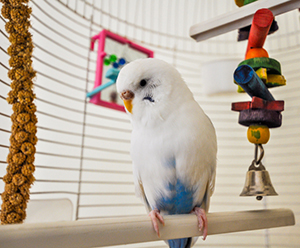
This image is property of www.cdc.gov.
General Health Maintenance
Regular beak and nail trims
Regular beak and nail trims are necessary for the overall health and well-being of your bird. Beaks and nails can overgrow, causing discomfort or potential injuries. Consult with an avian veterinarian or a professional bird groomer to learn how to safely trim your bird’s beak and nails. Regular trims will help prevent any issues and ensure your bird remains healthy and happy.
Checking for signs of mites or parasites
Regularly inspect your bird for signs of mites or parasites. Look for any unusual lumps, bumps, or irritations on your bird’s skin or feathers. Additionally, monitor your bird for excessive scratching or grooming behaviors. If you suspect your bird may have mites or parasites, consult with an avian veterinarian for proper diagnosis and treatment.
Maintaining a healthy weight
Maintaining a healthy weight is crucial for your bird’s overall health and longevity. An overweight or underweight bird can be prone to a variety of health issues. Monitor your bird’s weight regularly and consult with a professional if you notice any significant changes. A balanced diet, regular exercise, and veterinary guidance can help ensure your bird maintains a healthy weight.
Vaccinations and Preventive Medications
Consulting an avian veterinarian for necessary vaccines
Just like dogs and cats, pet birds may require certain vaccinations to protect them from common avian diseases. Consult with an avian veterinarian to determine if your bird needs any specific vaccines based on its species, age, and lifestyle. Vaccinations can play a crucial role in preventing the spread of diseases and ensuring the health of your bird.
Preventing common avian diseases with medications
In addition to vaccines, preventive medications can be prescribed by an avian veterinarian to protect your bird from common avian diseases, such as respiratory infections or parasites. These medications can help prevent the onset of diseases and contribute to your bird’s overall well-being. Follow your veterinarian’s instructions carefully when administering any preventive medications.
Flea and tick prevention
Even though birds are not as commonly affected by fleas and ticks as other pets, it’s still important to take preventive measures. These parasites can cause discomfort and transmit diseases to your bird. Consult with your avian veterinarian for recommended safe and effective flea and tick prevention products for your specific bird species.
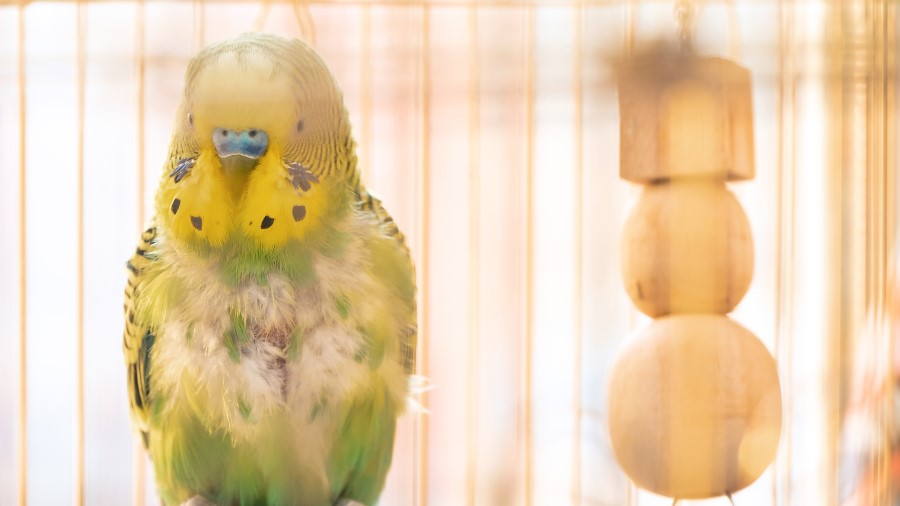
This image is property of www.greencrossvets.com.au.
Importance of Veterinary Checkups
Scheduling regular checkups
Regular veterinary checkups are essential for maintaining the health and well-being of your pet bird. Schedule annual checkups with an avian veterinarian to ensure your bird receives a thorough examination and any necessary preventive care. During these checkups, your veterinarian will assess your bird’s overall health, provide any required vaccinations or medications, and address any concerns or questions you may have.
Finding an avian veterinarian
Not all veterinarians are experienced or knowledgeable in avian medicine, so it’s crucial to find a qualified avian veterinarian for your bird. Research local avian veterinarians, read reviews, and ask for recommendations from other bird owners or breeders. Building a good relationship with a reputable avian veterinarian is vital for the long-term health and care of your bird.
Importance of early disease detection
Early disease detection can significantly impact the prognosis and treatment outcomes for your pet bird. Regular veterinary checkups and routine screenings can help identify any potential health issues before they become severe or life-threatening. Early intervention and treatment can improve your bird’s quality of life and prevent the progression of diseases.
Common Health Issues in Pet Birds
Respiratory infections and diseases
Respiratory infections are a common health issue in pet birds and can be caused by a variety of factors, including bacterial, viral, or fungal infections. Symptoms may include sneezing, coughing, difficulty breathing, nasal discharge, or changes in breathing sounds. If you notice any signs of respiratory distress, consult with an avian veterinarian for proper diagnosis and treatment.
Feather plucking and self-mutilation
Feather plucking and self-mutilation are behavioral issues that can be indicative of underlying health or environmental problems. These behaviors may be triggered by stress, boredom, or underlying medical conditions. If your bird exhibits feather plucking or self-mutilation, consult with an avian veterinarian to identify and address the underlying causes and create a suitable treatment plan.
Nutritional deficiencies and obesity
Improper nutrition can lead to various health issues in pet birds, including nutritional deficiencies and obesity. Malnutrition can weaken the immune system and lead to a wide range of health problems. On the other hand, obesity can cause strain on the heart and joints, as well as increase the risk of fatty liver disease. Provide your bird with a balanced and nutritious diet, and consult with a professional to ensure their nutritional needs are being met.
In conclusion, keeping your pet bird healthy requires proper housing and environment, a balanced diet, regular hygiene and grooming, exercise and mental stimulation, socialization and interaction, monitoring behavior, general health maintenance, vaccinations and preventive medications, regular veterinary checkups, and a good understanding of common health issues. By implementing these comprehensive preventive care practices, you can help ensure the well-being and longevity of your cherished feathered friend.
